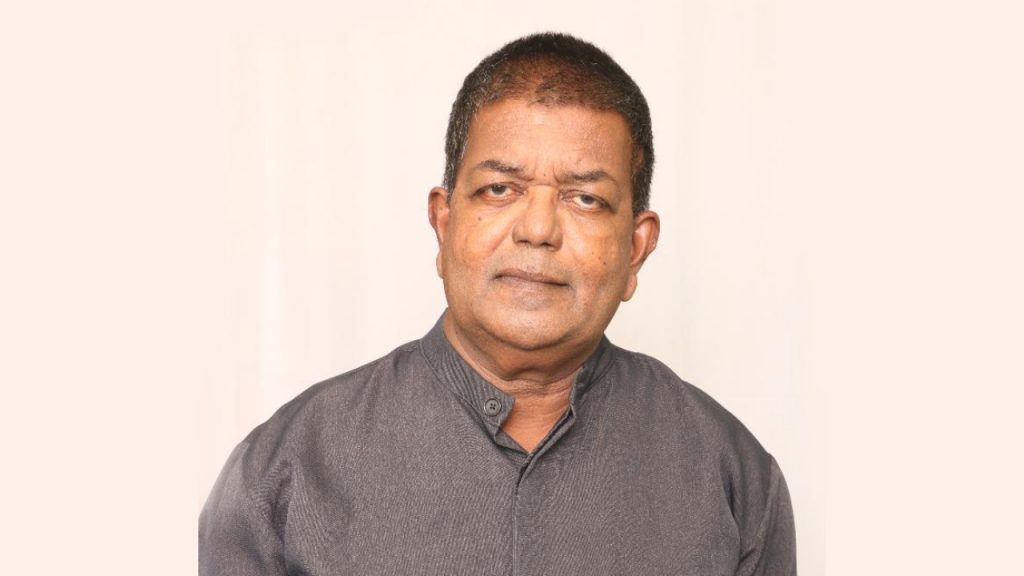Hindu society has always set high values in cleanliness, food, dress and every walk of life. Sometimes members of the community felt challenged to fulfil these high demands and might chose to escape to a life-style that was less demanding.
Many of the early converts to Christianity were migrants from Madras in southern India with an identity that was independent of the majority of Indians coming from northern India. Smaller in numbers, the Madrasis felt swamped by the majority Hindi-speaking northerners, and the church provided an easy escape.
Hindu community is diverse but heavily defined by dietary restrictions. While Brahmin did not indulge in eating meat and drinking alcohol, the other castes indulged in meat eating including poultry, fish and meat with the exception of beef which is haram to all Hindus. This dietary diversity must be allowed to continue and flourish. For Hindus who don’t eat pork to look down on those who eat, such an act amounts to intolerance and would drive Hindus away from the community.
Non-vegetarians are also Hindus with the Brahmins as their priests and social and spiritual guides. In preparation for a pooja the Hindu would refrain from meat, fish and alcohol for 21 days prior to the sacred ceremony. This was the norm until recent years when a few Brahmins have chosen to present a more puritanical life-style for all Hindus.
Sacrificing of animals-goat, hog, cock-has been an integral part of Hindu worship in Trinidad. Until recent years several families in villages came together for these poojas which the Brahmin pandits never objected to. Many families also made offerings of meats to their ancestors during Pitri Paksh since these rituals were done by the family without the need for a Brahmin to officiate.
Today many of these rituals are ridiculed by ignorant Brahmins, thus making those Hindu families who practice such rituals feel a sense of guilt. Several families abandoned these rituals and have suffered numerous repercussions with the pandits generally unable to provide them with any remedy.
Hindu worship falls into three groups-Shaivas, Vaishnavites and Shaktas. All three forms are alive in Trinidad despite the attempt of some of our traditional pandits to privately derail the last form. Today, Shakti worship is flourishing throughout the country. Its popularity is seen at Carlsen Field where a Shakti mandir is crowded with worshippers every Sunday while the neighboring Sivanand Mandir of the Divine Life Society remains shut.
Indian society is diverse, not monolithic. This is a fundamental with which Hindu society must come to term. Just as a family must accept that all its members cannot be scholars and professionals so also, Hindus must accept that there is diversity in worship. This is a fundamental that every Hindu must accept if every Hindu has to feel welcome and part of the Hindu community.
Marriage and Class
A young Hindu girl who is a graduate but marries a Hindu husband who is a blue-collar worker or a taxi driver or chef may be fraught upon by Hindu family, relatives and friends. However, if the said girl had married a non-Hindu or a non-Indian, there would be acceptance and understanding. This class consciousness is driving several young Hindu boys and girls in relationship with non-Hindus much to the detriment of the community.
Hindus need to rise above class and caste barriers to see themselves as Hindus first, second and third if they wish to have a chance of surviving in a hostile world. Group identity is essential for survival and must be encouraged. Have Hindus stopped to look around at the fate of those who have married outside their faith?
Several of our Hindu sisters, surrendering their Hindu identity, married non-Hindus only to find themselves slaving in roti and pluck shops from sunrise to sunset. Couldn’t such hard work have been extended to Hindu husbands where Hindu families could have been raised and Hindu values preserved and propagated?
Worse is that professional Hindus are engaging in relationship with non-Hindus. Is it that they still feel that they don’t have the family background to qualify for marriages and relationships within the Hindu fold? Hindus must understand that attaining a professional degree does not automatically set one apart from ones’ social background. It is a slow painful ride to build ones’ family to a respectable social status; it is certainly not achieved by engaging in escapades!
Preserving ones’ Hindu identity should be our foremost mission. It is our dharma alone that would take us to moksha or liberation. Diversity is integral to this search for liberation. We must shun all manifestations of monolithic and hegemonic moralism that threaten this diversity and embrace Hindu dharma which is open and inclusive.
